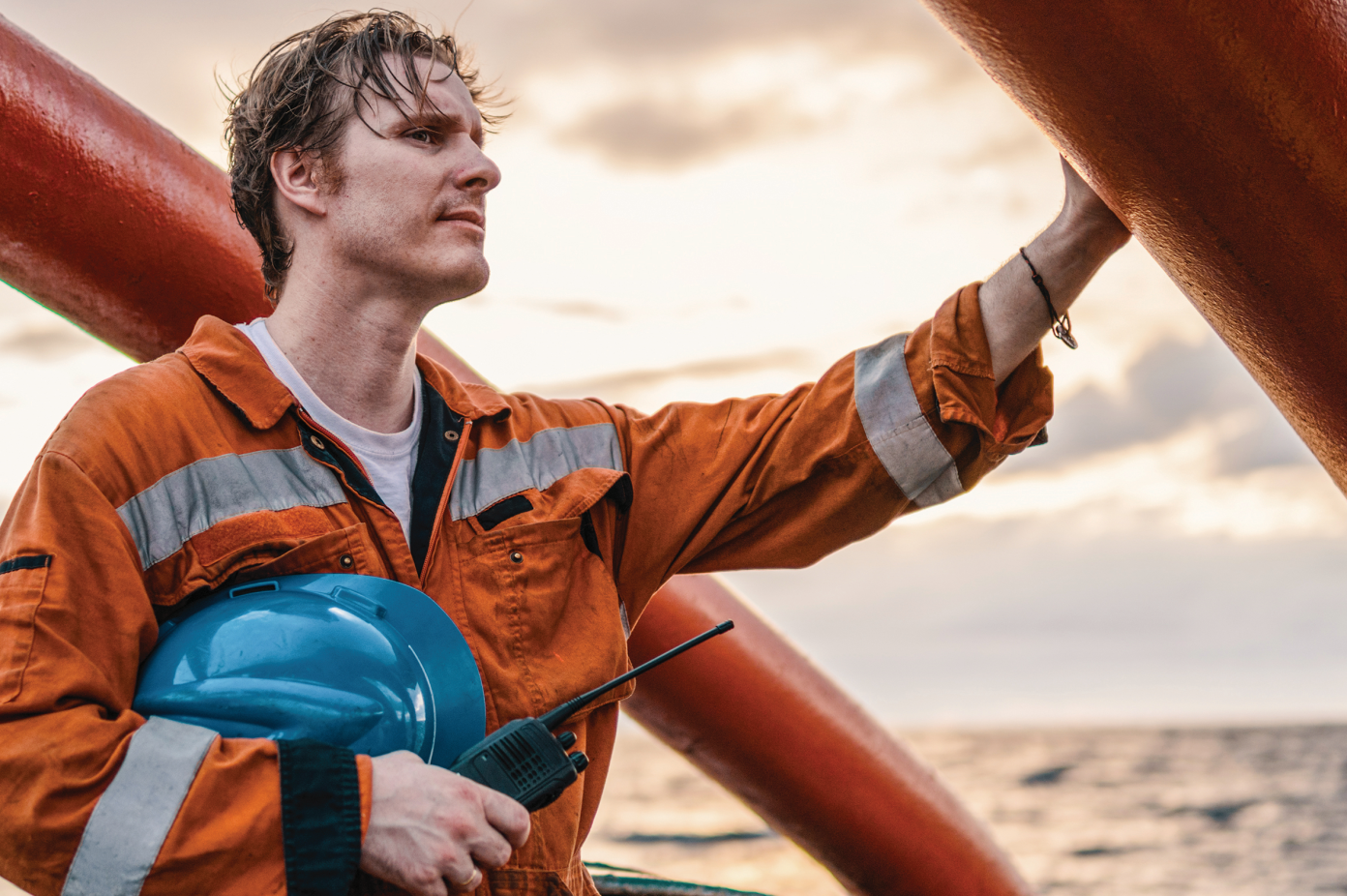The World Shipping Council (WSC) has released a new researchthat shows both renewable-capable vessels and renewable fuels could be available to meet EU 2030 targets, but that the price gap between fossil and renewable fuels is the major barrier to making decarbonisation a reality.
The first “WSC EU Shipping Decarbonisation Report – Can the EU Fuel Shipping’s Decarbonisation?” – launched at the European Shipping Summit 2025 in Brussels, provides a comprehensive analysis of shipping’s transition to renewable fuels in the EU. The report finds that without effective regulations, the high price of renewable marine fuels will limit and delay production.
There are clear signs that production is increasing within the EU to supply renewable fuels. Europe currently supplies 20% of the world’s marine fuels and must significantly expand renewable fuel production to maintain this share in a decarbonised shipping sector. However, the current price gap between renewable and conventional fuels, alongside competing demands from other sectors, will impact the shipping industry’s ability to utilise that supply.
The significant cost disparity between renewable and fossil fuels presents a major obstacle:
Without targeted regulatory and financial mechanisms to bridge this gap, market uptake of renewable fuels will remain slow, delaying decarbonisation goals.
For renewable fuels to be commercially viable, strong regulatory frameworks must incentivise investment and adoption. Ahead of global regulation, the EU has implemented regional policies:
These policies are designed to drive investment in cleaner shipping fuels and encourage widespread adoption.
As global regulations are developed by the International Maritime Organisation (IMO), the EU should align regional policies to prevent market distortions.
EU Member States and IMO delegations recognise that a GHG pricing mechanism is necessary to decarbonise shipping. Effective regulation should bridge the price gap between conventional fossil fuels and renewable alternatives to scale the renewable market and ensure commercial viability.
Joe Kramek, President & CEO of the World Shipping Council, stated that investment in new containerships and vehicle carriers was accelerating. He mentioned that approximately 200 liner vessels were already capable of running on renewable fuel, with an additional 700 vessels expected to enter service by 2030. However, he emphasized that for these ships to achieve their potential in reducing greenhouse gas emissions, renewable fuels needed to be both available and commercially viable.
He noted that some might be surprised to learn that renewable fuel supply, particularly in Europe, was no longer just a theoretical concept but was on its way to becoming a reality.
However, he pointed out that with bio-methane priced 169% higher than fossil LNG, bio-methanol 469% more expensive than VLSFO, and e-methanol costing 626% more, these fuels would remain commercially unviable without targeted regulatory measures.
Carriers and fuel providers are clearly committed and investing in vessels and fuel production in anticipation of regulation, putting shipping on track to reach its 2050 decarbonisation goal and 2030 targets. To stay on track and actually reach the net-zero goal, we rely on regulators to show the same commitment in putting in place effective measures that will make it possible for renewable maritime fuels to compete with fossil fuels,
Carriers and fuel providers are clearly committed and investing in vessels and fuel production in anticipation of regulation, putting shipping on track to reach its 2050 decarbonisation goal and 2030 targets. To stay on track and actually reach the net-zero goal, we rely on regulators to show the same commitment in putting in place effective measures that will make it possible for renewable maritime fuels to compete with fossil fuels,
… Joe Kramek added.





